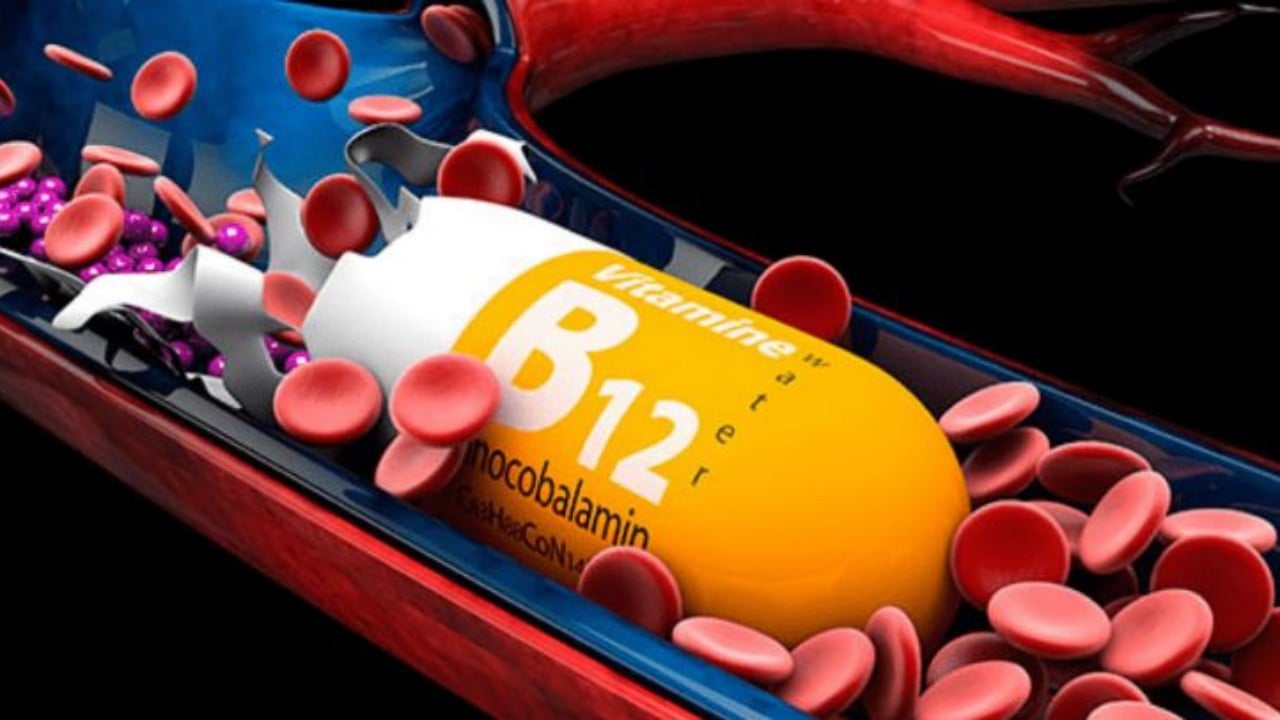Makar Sankranti is being celebrated across India with great enthusiasm on Wednesday, January 14, 2026, marking one of the most significant festivals in the Hindu calendar. Observed as the day when the Sun begins its northward journey, the festival symbolises new beginnings, positive energy and prosperity.
The day holds deep religious importance. Devotees across the country take a holy dip in sacred rivers and perform charity and donations, practices believed to bring spiritual merit and peace. Sun worship is also an integral part of the festival, with many offering prayers at sunrise, seeking happiness, good health and success.
Beyond its spiritual meaning, Makar Sankranti is also known for its vibrant cultural celebrations. From rooftops filled with colourful kites to homes preparing traditional sweets made of jaggery and sesame, the festival brings together families and communities in celebration.
Festival of harvest, harmony and hope
Makar Sankranti is widely regarded as a harvest festival, especially in agrarian regions, marking the arrival of fresh crops and renewed hope. The exchange of sweets made from sesame seeds and jaggery reflects the message of sweetness in relationships and warmth in communication.
As part of the celebrations, people are sharing thoughtful wishes and messages with friends, family and loved ones, expressing hopes for happiness, success and togetherness in the year ahead. Many messages highlight themes such as strong bonds, rising ambitions and uncut kites of success, drawing inspiration from the festival’s symbols.
A celebration that unites tradition and joy
With blue skies dotted with flying kites and households resonating with festive prayers, Makar Sankranti continues to stand as a reminder of tradition, gratitude and renewal. The festival encourages people to let go of negativity and move forward with optimism, making it one of the most cherished occasions of the year.
As celebrations unfold nationwide, exchanging warm wishes remains a simple yet meaningful way to make the festival special, reinforcing bonds and spreading joy.
Happy Makar Sankranti 2026 Wishes in English
1.
The sweetness of jaggery, the aroma of sesame,
Colorful kites in the sky and love in every heart.
Wishing you and your family a joyful
and wonderful Makar Sankranti!
Happy Makar Sankranti 2026
2.
If sesame is us and jaggery is you,
If sweets are us and sweetness is you,
As the first festival of the year begins,
May Makar Sankranti bring happiness to you.
Warm wishes on Makar Sankranti
3.
Kites filling the sky,
Sweetness of jaggery all around,
May happiness find a permanent place
in your life this Makar Sankranti.
Happy Makar Sankranti 2026
4.
With sesame laddoos and peanuts in abundance,
Wishing you a joyful and blessed
festival of Makar Sankranti.
5.
Blue skies, colorful kites,
and joy in every direction.
Celebrate Makar Sankranti
with your loved ones.
Heartfelt Makar Sankranti wishes
6.
May your kite never be cut,
May your string always stay strong.
May happiness surround your home,
and success follow you all year long.
May Makar Sankranti bring prosperity
and joy into your life.
Happy Makar Sankranti 2026
7.
Temple bells, sacred prayers,
The golden glow of the rising sun by the river.
May happiness bloom in your life,
Wishing you a blessed Makar Sankranti.
8.
The first harvest of the year
and the first happiness too.
Wishing you a joyful
Makar Sankranti.
9.
May the kite of your success
always soar high in the sky.
Happy Makar Sankranti!
10.
May your flight be high and your string be strong,
May happiness echo around you all along.
May your success rise so high,
That no one can ever bring it down.
Warm wishes on Makar Sankranti


 Latest world news18 hours ago
Latest world news18 hours ago
 Latest world news18 hours ago
Latest world news18 hours ago
 Latest world news18 hours ago
Latest world news18 hours ago
 India News18 hours ago
India News18 hours ago
 India News9 hours ago
India News9 hours ago
 Latest world news9 hours ago
Latest world news9 hours ago










